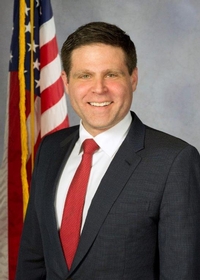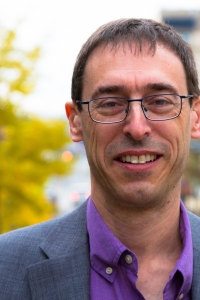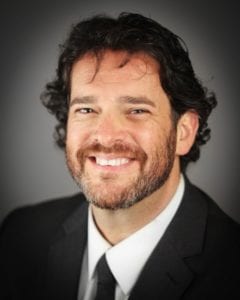By Lee Chottiner
Community Editor
No Jews have been elected to the Kentucky General Assembly since 2013. Are they missed?
It’s an open question whether Jewish representation in state legislatures is relevant in the 21st century, when organized religion is declining and interfaith marriage is widely accepted.
In Kentucky alone, the legislature has passed two noteworthy bills important to Jews – the Holocaust education act and the anti-BDS measure – without a single Jewish vote.
So, is a Jewish voice in a legislature – any legislature – really necessary?
“Yes, yes, yes; absolutely,” said Rep. Jared Solomon of Philadelphia, a representative in the Pennsylvania General Assembly. “On the global level, I don’t think anybody, whether it’s legislative, business or nonprofit, can truly achieve excellence unless there’s a diverse grouping of voices. Diversity matters.”
Rabbi Jonah Pesner, director of the Religious Action Center of Reform Judaism, said Jewish candidates ought not to shy away from their identity when running for office.
“As a minority faith community, we welcome candidates talking about their faith from a biographical perspective, and even being inspired by their faith,” Pesner said
But he added, “they should always remember they are running to represent a community that includes people of all faiths, and no faith.”
Even today, Jewish lawmakers, by virtue of their heritage, can still find themselves uniquely qualified to respond to certain issues, or even make some news of their own.
In recent months, Jewish lawmakers in Ohio, Pennsylvania and West Virginia have done just that, taking lead roles in pushing back, sometimes unsuccessfully, against statements and legislation that many Jews would find threatening or oppressive.
In Ohio, Rep. Casey Weinstein of Hudson called on a state senator to resign for his Facebook post comparing comments by state Health Director, Dr. Amy Acton, who is Jewish, about reopening Ohio, to a Nazi.
Weinstein also spoke on Twitter against a protestor at an April 18 demonstration in Columbus against that state’s stay-at-home orders. The protestor brandished an anti-Semitic sign picturing a rat stamped with a Star of David and this slogan: “the real plague.”
“Whenever we have economic challenges, it’s these times we have seen, historically, Jews get attacked and blamed,” Weinstein told Community. “It’s important to have Jewish voices in legislatures to counter that narrative, and to speak truth.”
Weinstein, a graduate of the U.S. Air Force Academy, is running for re-election, he said, “against a candidate who keeps calling herself the Christian in the race.”
A similar incident happened in Pennsylvania, where Solomon criticized a state senator from a rural district, with few, if any Jewish constituents, for equating that state’s social distancing restrictions to the Shoah.
Solomon said he is motivated by his own great-grandparents, who fled pogroms in Ukraine, but he said he also saw his criticism of the one senator as a “teaching moment to the rest of the general assembly.”
“If they can connect,” Solomon said, “and they can go back to their constituents and understand why the Jewish people view comments of the Nazis and the Holocaust that way, then it was worthwhile.”
Two Jewish members of the West Virginia House of Delegates, Evan Hansen of Morgantown and Michael Pushkin of Charleston, spoke up against a bill last session permitting the teaching of religion in public schools as an elective. The bill easily passed both houses and was signed into law by West Virginia Gov. Jim Justice.
Before passage of the bill, a Jewish third-grader spoke against it at a public hearing, saying he was taught about Jesus at his school and made to pledge allegiance to the Bible, JTA reported.
That’s exactly the kind of religious coercion that Hansen, a first-term lawmaker, fears the new law will encourage.
“The way the bill is written, it’s an elective course,” he told Community, “but in many schools across the state, there are very few electives and so some kids are forced to take whatever elective that fits in to their schedule.”
Pushkin, who also voted against the bill, said the debate mirrored the need for legislatures to look like the populace, even its minorities.
“In our country, we’re supposed to have a citizen legislature,” Pushkin said. “It’s supposed to be the closest [branch of government] to the people, so it should look like a microcosm of our society.”






